By recognizing the challenges of COVID-19, we can be better equipped to harness the opportunities, and to make meaningful contributions in the future.
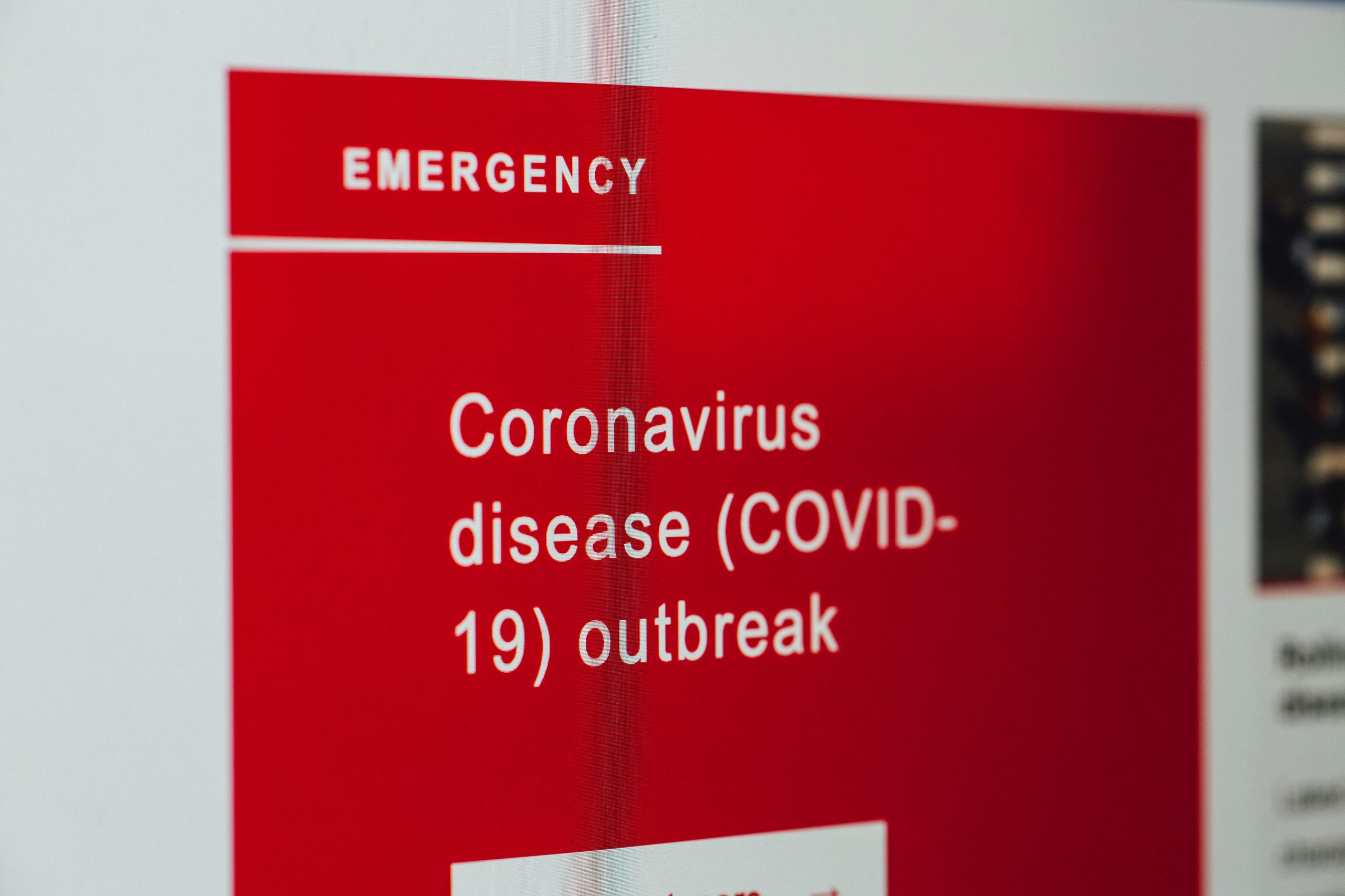
In the First Century BC the Roman historian Titus Livius wrote:
There are certain times, persons and events about which history alone can make a final judgement. Our task as contemporaries is simply to record what happened
Right now, the world is collectively fighting an enemy that is omnipresent; invisible, fast-moving and indiscriminate. In Man’s quest for peace and progress we have spent decades removing barriers and frontiers, connecting up in trading knowledge and goods, bringing all races into an ever-more tightening circle, and in the process creating the perfect environment for a foe like COVID-19 to take full advantage of.
The speed and ferocity with which it has spanned the globe has shocked societies and markets into almost complete paralysis. The rapid and dynamic nature of the situation presents our leaders with difficult decision which need to be assessed and changed even by the hour.
The world will never be the same again, and for the most of us, we can’t really think beyond the present… and survival, but as the Persian proverb says ‘this too shall pass’.
Or will it?
Whatever the answer, we can only start to postulate on what the future may look like by endeavoring to understand the past, and how the present circumstances will impact our habits and behaviors as a species.
A Pandemic World – First Observations
Looking at the way the pandemic is spreading we observe various facts that are caused by it either directly or indirectly.
- The virus is not selective; it kills young and old, any race, any status.
- It has no respect of geographical or political boundaries.
- It has exposed the fragility of the globally connected economy, and what happens when confidence is siphoned out of it.
- It has shown that even the deepest reserves in central banks are all but futile when there is a wholesale rout in markets.
- Indirectly, the virus has shown us that even free-market nations need a centralization of government control and police enforcement to combat this enemy.
- And lastly, it has shown that mankind will break almost every rule to socialize in times like this, regardless of the implications.
If it has done nothing else, this virus has abruptly burst the bubble of unsustainable trading which had been created and funded by the printing of money since the last Global Financial Crisis in 2008-2009. The total world debt is about $130 Trillion greater today than it was in GFC1, and a painful correction has been predicted since 2017.
So even if this virus is contained and conquered within the year (and that will be a medical triumph) the financial markets and the global economy face an altogether more daunting road to recovery. Right now, success is to survive the present maelstrom.
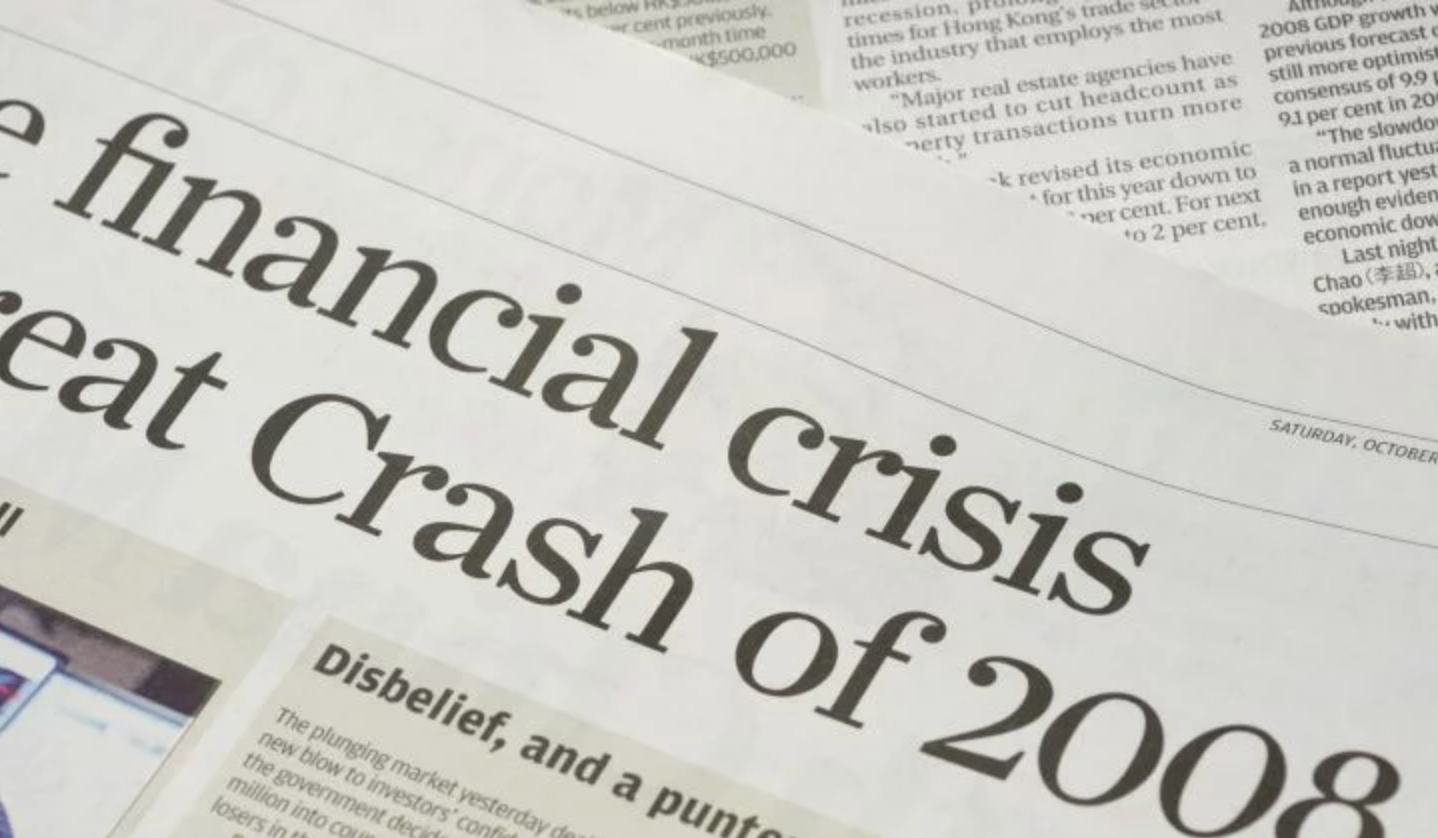
Post-Virus
It is not the most intellectual of the species that survives; it is not the strongest that survives; but the species that survives is the one that is able best to adapt and adjust to the changing environment in which it finds itself.
– Leon C. Megginson, Civilisation Past and Present, 1963
At some point in the future we will need to turn our attention from survival to adaptation. Leaders in society and in business will need to consider the post-coronavirus landscape to understand how this crisis will have altered the psyche and behaviors of the population, and consequently what we need to address in the structure of our societies, and in support of one another.
Whether there is ever a time that we will call ‘business as usual’ remains to be seen, but one thing is sure – the scars of this crisis will linger for generations. I see the factors which will shape us as follows:
- The fear will likely take time to go, which will color our view on using public places and transport links, of transiting through congested environments, and congregating in large numbers. This fear will also manifest itself in low levels of trust, resulting in difficulties getting credit, and low job security.
- Long distance supply chains have had their weaknesses exposed and organizations will look more locally for supply and customer relationships.
- The level of attrition in business failures will completely change the labour market making competition for a job much more intense, and the distributed organization will be looking for a subtly different skillset. Job security will be lower, as will the level of trust.
- With the flow of money much reduced, organizations will be weakened, fearful of exposure to risk, and constantly looking for ways to adapt and gain an advantage.
- There will be a completely new approach to how and where people work, and what the purpose of corporate real estate is.
- Our appetite for traveling will take a hit – through fear of exposure and also lack of personal funds. Furthermore, the evisceration of the airline industry will drive up the cost per mile of traveling substantially.
- While there could be an aversion to traveling, there will be a strong desire to re-connect with friends and associates both socially and in the context of day-to-day working activity.
The ongoing effect of this period is that many of the key tenets which underpin our society have been thrown into question. To attain future stability these will need to be addressed and redefined – the role of the state, our basic freedoms and borders, access to services of physical and mental health, the distribution of wealth, the division of labour and so on. Persons more qualified than me will be able to forecast what this could mean for us as individuals, but for now I will examine this in the context of work.
What Does This Mean For The Way We Work?
The Organization
In the scramble to shut down, every organization had to embrace a mobile way of working. Having arrived home and got set up, we have all had to get used to the tech which enables us to work anywhere, anytime. It has propelled IT and technology to the forefront. The companies who had already embraced a dispersed structure, or even a degree of agile working have a significant head start over more traditional players, who will experience all the pitfalls of the shift to remote without enjoying the benefits. Having migrated from our offices, business leaders are now raising questions about the expensive workplaces which now stand locked and silent.
Organizations are currently experiencing precipitous decline in demand for their products or services, forcing them to consider the warehousing and logistics end of their operations, and to take a hard look at core services. And with the need to surgically cut costs, every aspect of every profit-making machine will be passed under the spotlight to assess whether it adds sufficient value to the effort to justify its being retained.
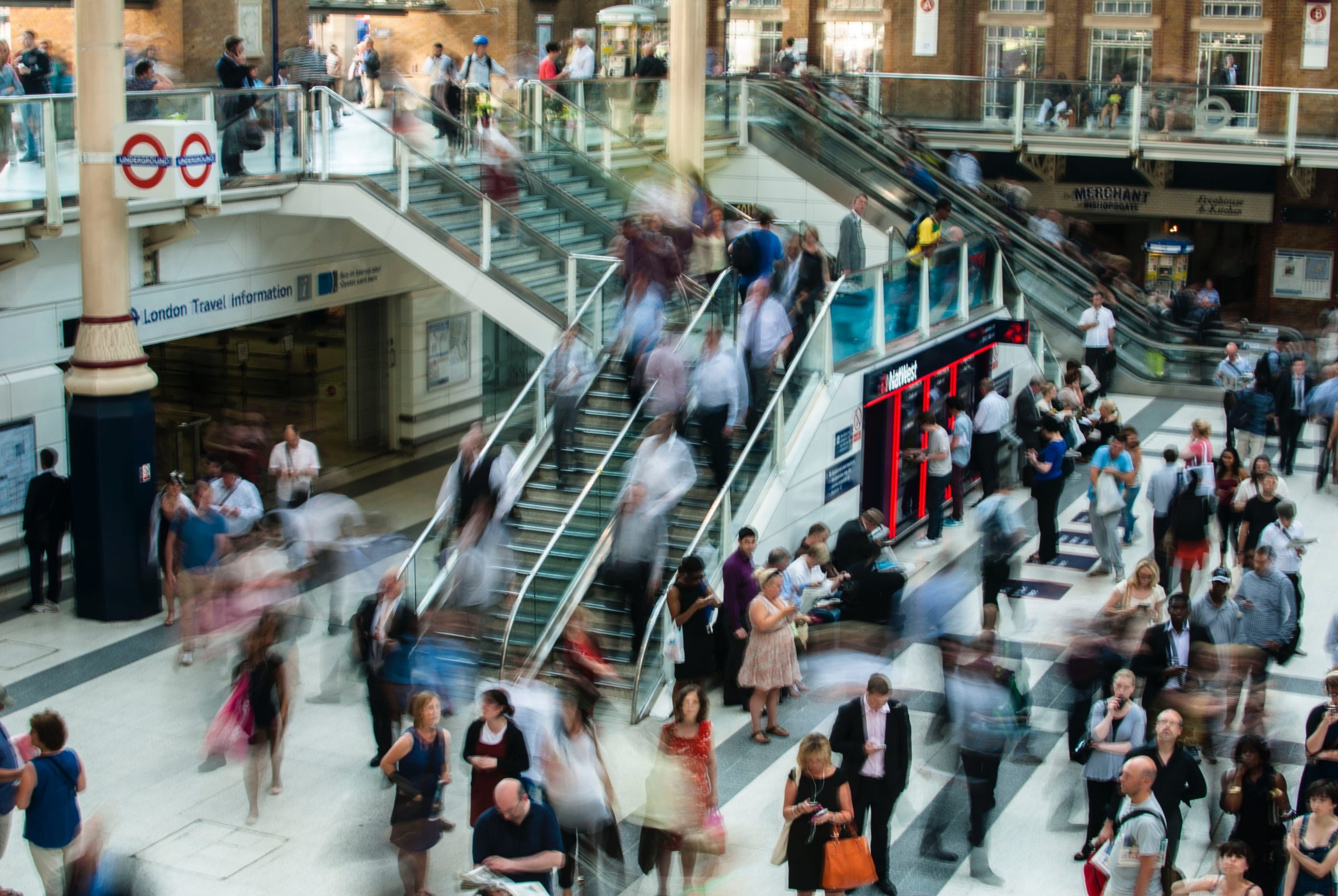
The Real Estate
The above could completely reset our view of real estate, and our expectations from it.
For example; if your workplace is multiple floors of an office building in a city centre, with desks for 80 percent of the staff, how will I feel about my commute – squashed in with strangers on the public transport, then what about the surfaces I have to make contact with in stations, in public foyers, lifts, and shared bathrooms. Having arrived in the office, what is my view of the environment? Take the air-conditioning – constantly circulating possibly contaminated air, for example. Does it really deliver a higher level of productivity than the home-working routine?
Our high-rise city centres are mainly constructed from steel, concrete and glass – three of the most energy hungry materials in the world. Is an office building like this good stewardship of our dwindling resources? Furthermore, as the continuing incidents of terrorism highlight, the densely packed conurbations are easy prey to acts of violence as well as the risk of infection.
What if the routine above could be replaced with a short walk or cycle from home to a shared working hub with local people whom I already know, where remote working tech links me up with my co-workers? It sounds good, but what about team building and culture?
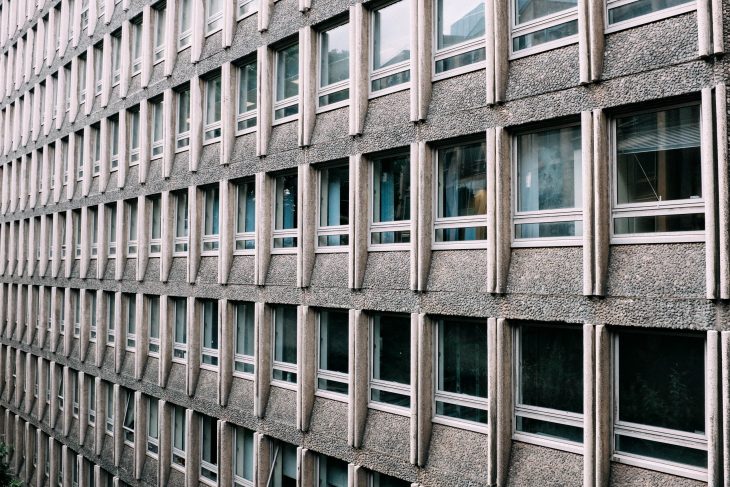
The People
As humans we need social contact to grow, learn, stay engaged and stay well, and although technology assists us in periods of enforced isolation there is a growing urge to be with others for the stimulus that only person-to-person interaction provides. While the scenario above is feasible it does not address one of the key components of a successful and enduring company – identity and belonging. And in the context of business this means that there will always be a requirement for a physical presence.
Attributes of the best and most enduring companies:
- Resilience in difficult times
- Speed of response
- Innovation
- Rethinking the future
- Investment in their teams & talent
Resilience lies in both people and infrastructure. And with a significant increase in remote working more attention will have to be paid to infrastructure – IT hardware, cyber-security measures and also software to aid collaboration, to measure staff performance & effectiveness, and to generally equip the organizations for a dispersed staff cohort. But we will also see a new movement in training and building teams to prepare them for similar future disruption.
Culture and innovation lie at the heart of the best organizations – as the people and the vision are what allow it to capitalize on the changing environment, and the post-virus winners will be the organizations which recognize this and have the courage to jettison their old paradigms and start afresh. This could be a series of smaller regional hub locations instead of a city centre HQ, allowing teams more fluidity in the way they assemble, collaborate and then regroup.
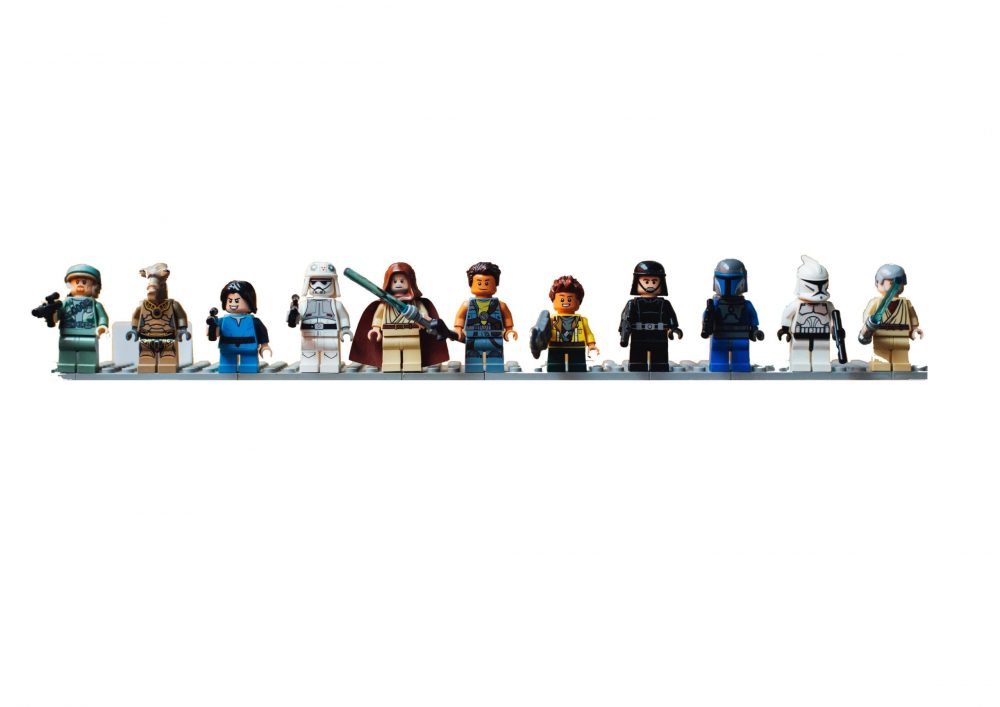
Recruitment and Hiring
With the competitive landscape of many industries altered by business collapse we could see an early fight for the best brains; to give the fastest moving organizations the advantage on innovation.
The knowledge economy will migrate to cyberspace with no need for office space, and organizations’ hiring requirements will shift:
- Older users will be less able to adapt to the virtual era will find themselves marginalized.
- Extrovert personalities who are strong at interpersonal and speaking skills, could be passed over in favor of introverts who can put their thinking and argument more succinctly in the written word (the preferred communication mode of the dispersed economy).
Looking Forward
We will see the end of this episode and life will never return to a pre-2020 mode. There are some significant mountains to climb yet.
It is difficult to draw any conclusions yet, but if we look to the recent past we saw some remarkable organizations emerge from the 2008-2009 global collapse. Ford turned profits where many in the motor industry became history, Groupon was founded and soared, Netflix took off like a rocket, and Amazon went from strength to strength. So, there is hope – as Winston Churchill once said: “Never let a good crisis go to waste.”
We don’t know the length of this crisis, or the global impact and ramifications. But what we do know is, once you have survived ‘survival mode’, turn your attention to the future. If you recognize the challenges, you will be better equipped to harness the opportunities, and to make a meaningful contribution within your circles of influence.


Howard,
SO well written. A really good read. Thank you for putting in the effort and time to think thoroughly about the impact of CV on work, workplace, transportation, urban planning, corporate real estate and so much more. Some good insights here. I keep thinking that there will be massive new opportunities with the changing landscape. Just have to survive to take advantage of them!
If you ever have some time to talk, I would love to chat with you. Please email me if you do.
Thought provoking.
I am asking myself how occupiers operational models will evolve now that it is clear that offices are not required in their current form.
What does this mean for building owners? What will become of these empty office spaces?
Winston Churchill said “Never let a good crisis go to waste” – how can we help clients adapt to this one when they are struggling to survive….
[…] economy – have now evaporated at no real detriment to businesses. As Howard Barnes put it in this article for Work Design […]
This is one of the most thoughtful articles I have read so far on how this crisis might shape the future of work and society. I agree with many of the points, particularly the one about the continued need for succinct written communications. Have shared with my LinkedIn network.
Thank you.
Huw
@Business_write
a great read , and very inspirational ;;
[…] For the people who do come into the office, there’ll likely be new questions about that environment. As workplace design expert Howard Barnes writes, COVID-19 could “completely reset our view of [workplace] real estate, and our expectations from it.” […]
[…] economy – have now evaporated at no real detriment to businesses. As Howard Barnes put it in this article for Work Design […]